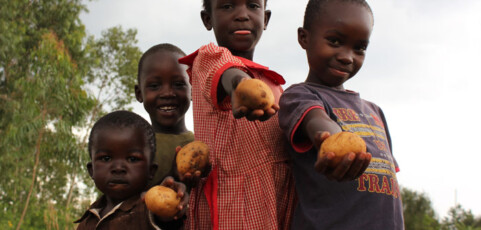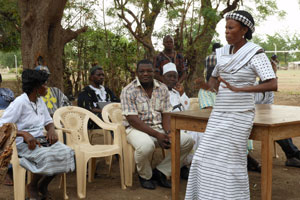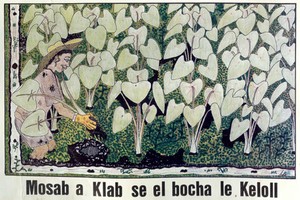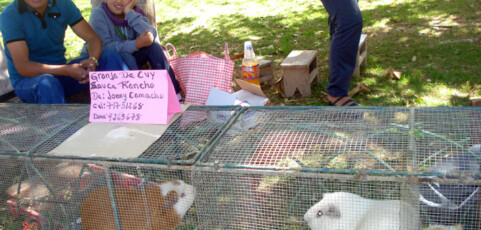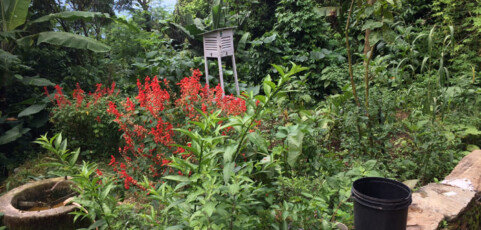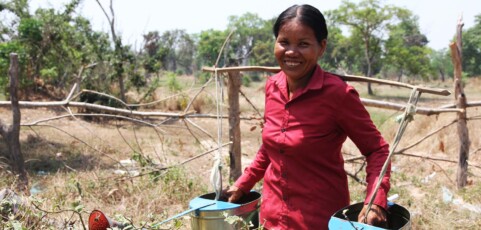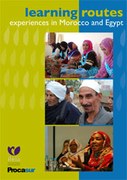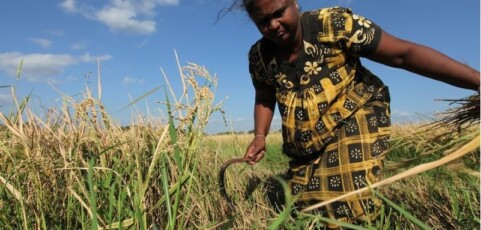Hands, M. R. June 2002.
Alley-Cropping as a Sustainable Alternative to Shifting Cultivation. Final Report. Project HND / B7-6201 / IB / 97 / 0533(08). Tropical Forests Budgetary Line. Commission of the European Communities. DG I. Brussels.
Hands, M. R. 1998.
The uses of Inga in the acid soils of the Rainforest zone : Alley-cropping sustainability and soil-regeneration. In : Pennington, T.D. and Fernandes, E.C.M. (eds.) The Genus Inga : Utilization. The Royal Botanic Gardens, Kew. England.

